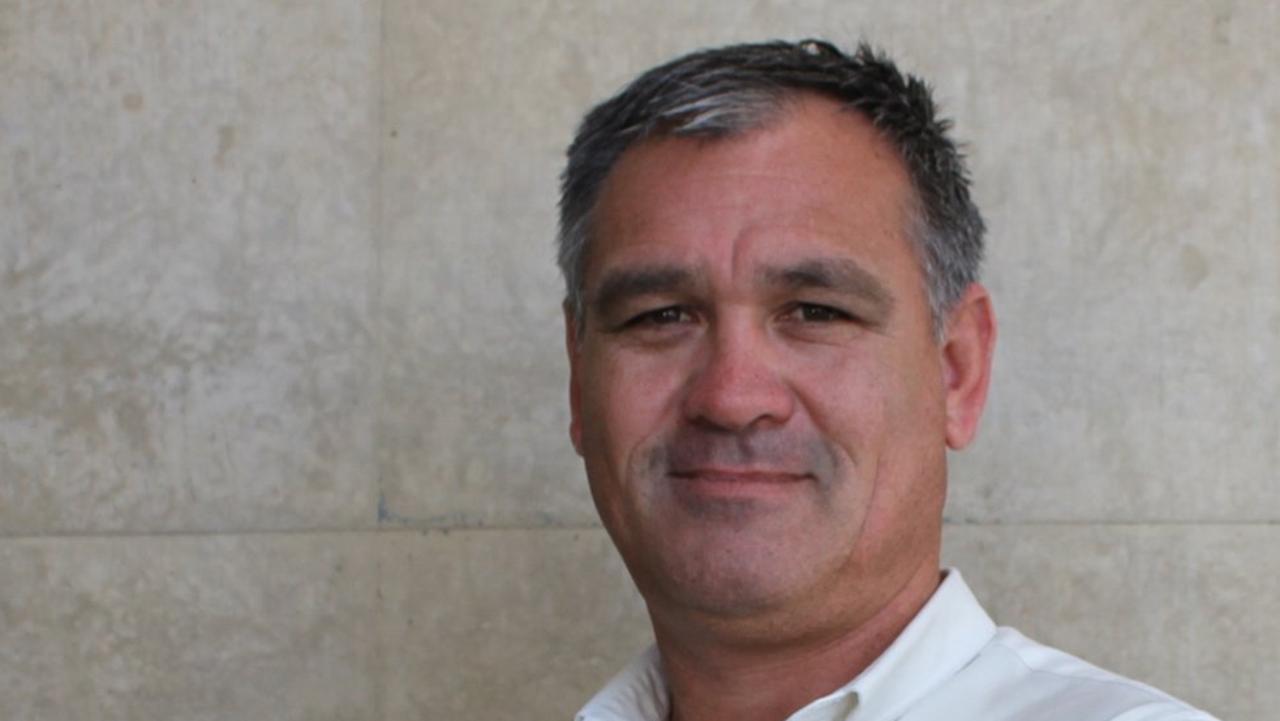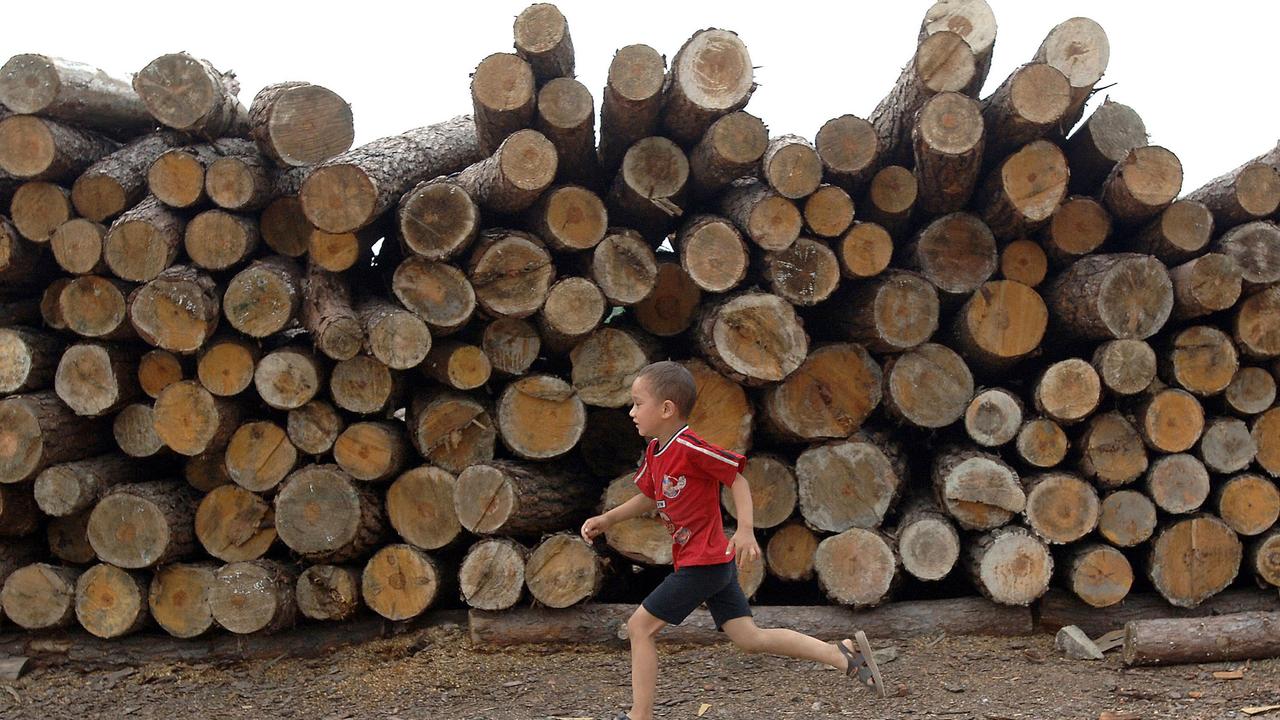Trio await sentencing for terrorist firebombing of Australian mosque
Three who torched a mosque to be the first sentenced for committing a terrorist act in Australian history.
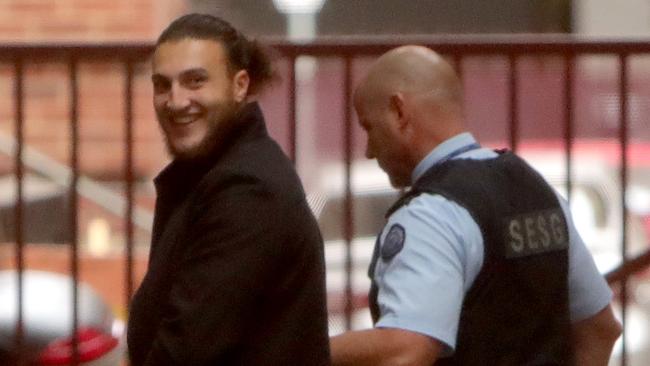
A Victorian judge is preparing to sentence three Sunni Muslim men for committing a terrorist act, the first time people have been sentenced for an attack successfully carried out in Australia.
Justice Andrew Tinney this morning heard sentencing submissions for Ahmed Mohamed and Abdullah Chaarani who were found guilty last week of attempting a terror act and committing a terror act by burning down a Shia mosque in Melbourne’s north in December 2016.
A third man, Hatim Moukhaiber, was found guilty of the sole charge of committing a terror act.
While terrorist acts have previously been committed in Australia, the offenders were killed by police.
On 1 March 2018, Mr Raban Alou was sentenced by the Supreme Court of NSW in Parramatta to 44 years’ imprisonment, with a non-parole period of 33 years, for abetting, counselling or procuring the commission of a terrorist act for his role in the murder of Curtis Cheng.
The maximum punishment for committing a terrorist act is life imprisonment.
Barrister John Kelly SC, acting for Mohamed, 26, described the firebombing of the Imam Ali Islamic Centre mosque at Fawkner in Melbourne’s north in December 2016 mosque in November 2016 as spontaneous, ill prepared and amateurish.
“It was unsophisticated and ineffective,” he said.
He said Justice Tinney could draw significant distinctions between the mens’ actions of burning down a mosque when it was closed and a terror plot to cause mass casualties.
“This involved the demolition of a house of worship at a time outside of opening hours” he said.
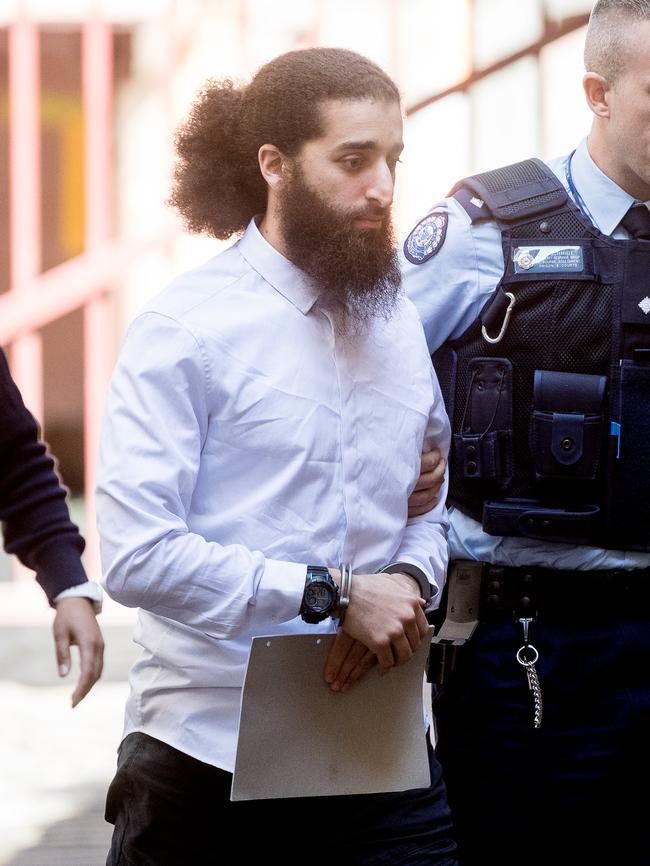
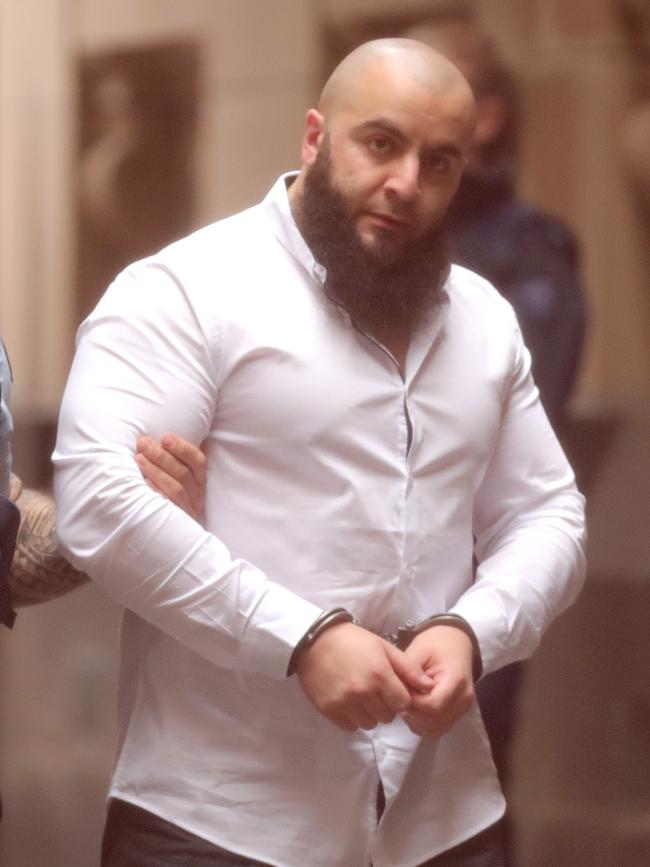
Justice Tinney questioned whether the attack would have had greater significance if it had been at St Paul’s or St Patrick’s Cathedral.
Mr Kelly replied St Patrick’s was a “landmark building”, there was a large proportion of Catholics and such an attack might have resonance in the wider community by creating a sense of danger or terror.
Mr Kelly said his client had been attracted to Islamic State ideology at the time and the attack was done “in thrall’ to an extent to the extremist ideology.
He also told the court Mohamed’s first wife, who he married in 2014, was a Shia.
The marriage broke down in 2015 and Mohamed married again a month later.
Justice Tinney also denied Moukhaiber time to try to prove he’s not an ongoing risk to the community.
Moukhaiber’s barrister Felicity Gerry QC asked for time so a psychologist could assess Moukhaiber’s risk of future offending and prospects of de-radicalisation.
The request was prompted by prosecution submissions that the 30-year-old has been subject to previous psychological intervention because of his beliefs.
Justice Tinney said there was no indication that Moukhaiber had “gone anywhere down a path of de-radicalisation” while in custody.
Moukhaiber has been behind bars for almost two years, since his arrest in August 2017.
Ms Gerry said it was significant there were no offences in the eight months between the crime and his arrest, and that aside from the mosque attack there were no other indications of Moukhaiber’s risk or dangerousness.
In the year or so before the attack Moukhaiber’s parents had divorced, which was a significant event for a relatively young man in a new relationship with a child on the way, she added.
“These kinds of things can prey on the mind of an individual, and they were at the time of the offence.”
Expert evidence is that the real culpability is upon the person who puts out the propaganda rather than the person who follows it, Ms Gerry said, suggesting a review of the psychological influence over Moukhaiber would be useful.
Courses that might allow Moukhaiber insight into his beliefs so he could renounce or denounce them were not available to him in prison, she added.
But Justice Tinney refused the bid.
Mohamed’s lawyer John Kelly SC said his client continued to deny the two offences a jury found him guilty of committing — the mosque attack in December 2016 and a failed attempt on the mosque several weeks earlier.
Mr Kelly said it was difficult to calibrate the extent of Mohamed’s radicalisation, though he has been “attracted to aspects of the IS ideology”.
In 2015 Mohamed was photographed with an Islamic State flag and propaganda material was found on his phone.
He revealed Mohamed had worked since leaving school, including spending six months on Manus Island in a maintenance role.
The hearing continues.
with AAP

